Constellations & the Zodiac: Unlocking Celestial Mysteries
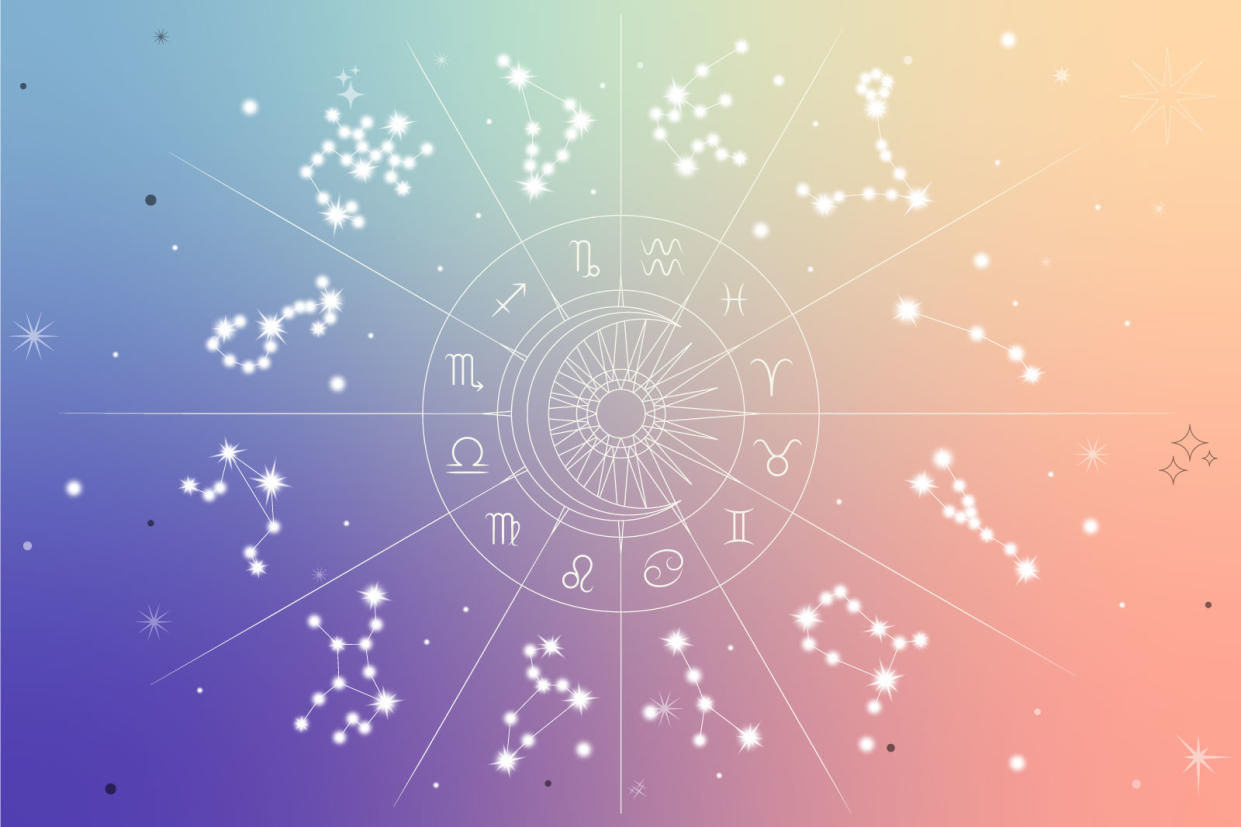
If you've ever tried to pick out the pictures in the night sky, then you've searched for constellations. Associated with legends and astrology, the 12 zodiac constellations align with the 12 zodiac signs. And even if you're skeptical about the validity of astrology, reading about and understanding the nature of the constellations and their historical relationship with the 12 signs of the astrological zodiac can be fascinating.
The Constellations of the Zodiac
There are 88 official constellations defined by The International Astronomical Union. Of these, 13 touch the Earth's ecliptic, and 12 bear the same name as the astrological signs. Browse through the 12 constellations of the astrological zodiac, discover where each is located in the night sky, and read the star lore surrounding the constellation and how each relates to the astrological sign that bears its name.
There's a rumor going around that there's a 13th sign of the zodiac. There isn't... there's a 13th constellation. Constellation Ophiuchus is not included in the astrological zodiac.
Constellation Aries: The Ram
Over 2,000 years ago, constellation Aries hosted the vernal equinox. It marked a time of renewal and celebration. The Aries constellation myth, Jason and the Argonauts, reveals the astrological sign of Aries, like Jason, is bold, adventurous, enterprising, optimistic, daring, and courageous.
Constellation Taurus: The Bull
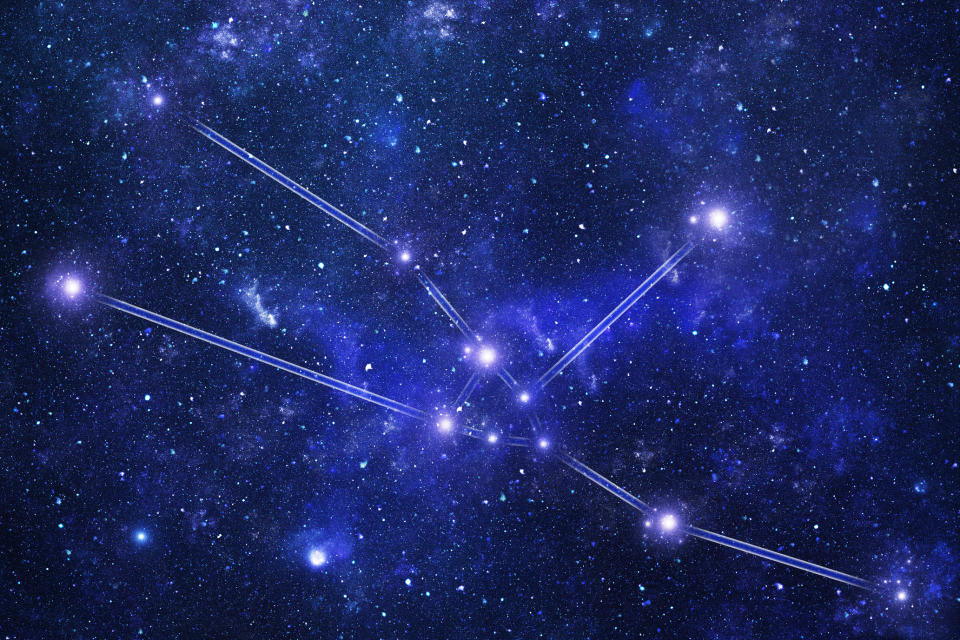
Constellation Taurus is the home of the Pleiades, the Seven Sisters. To the ancients, the "Bull of Heaven" represented what the astrological sign of Taurus does today — the strength, fertility, sensuality, and endurance of the feminine, as well as the sacredness of Mother Nature.
Constellation Gemini: The Twins
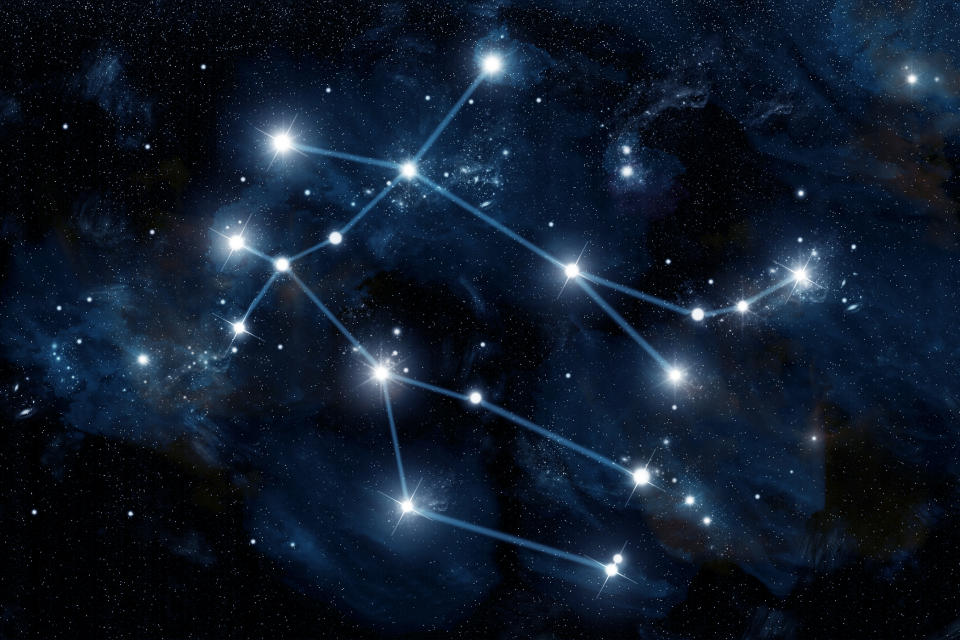
Constellation Gemini is one of the brighter constellations in the night sky, and its two brightest stars, Castor and Pollux, make it easy to spot. Both the constellations and the astrological sign of Gemini are all about duality. The legends and myths associated with the Gemini constellation highlight that fact.
Constellation Cancer: The Crab
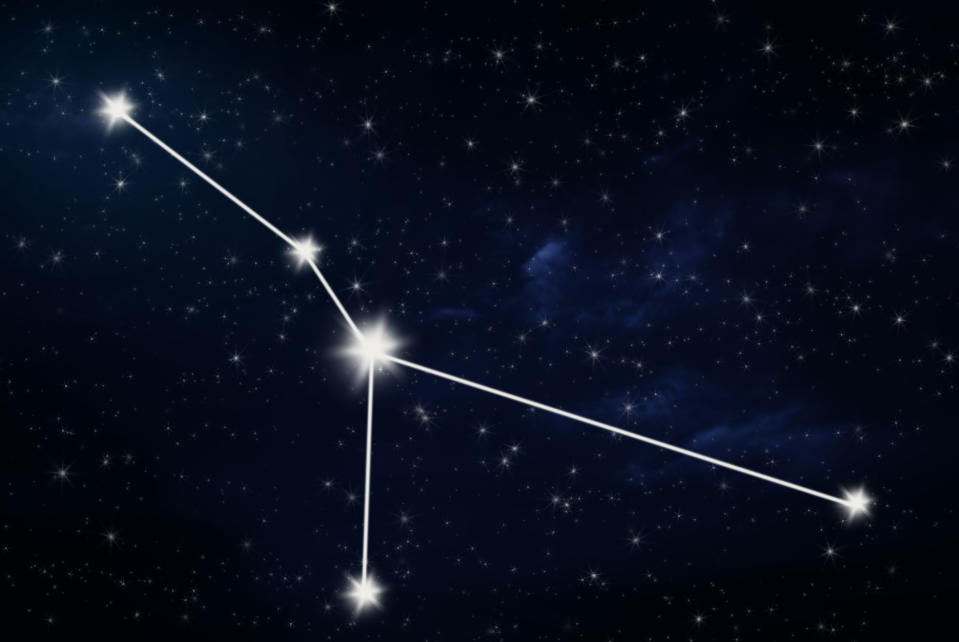
The ancients believed constellation Cancer to be the "Gate of Men" through which souls descended from heaven into human bodies. The stars of Cancer, Praesepe (the manger), Asellus Borealis (the Northern Donkey), and Asellus Australis (the Southern Donkey) tell an unusual Christmas story.
Related: Cancer Personality Traits & Characteristics
Constellation Leo: The Lion
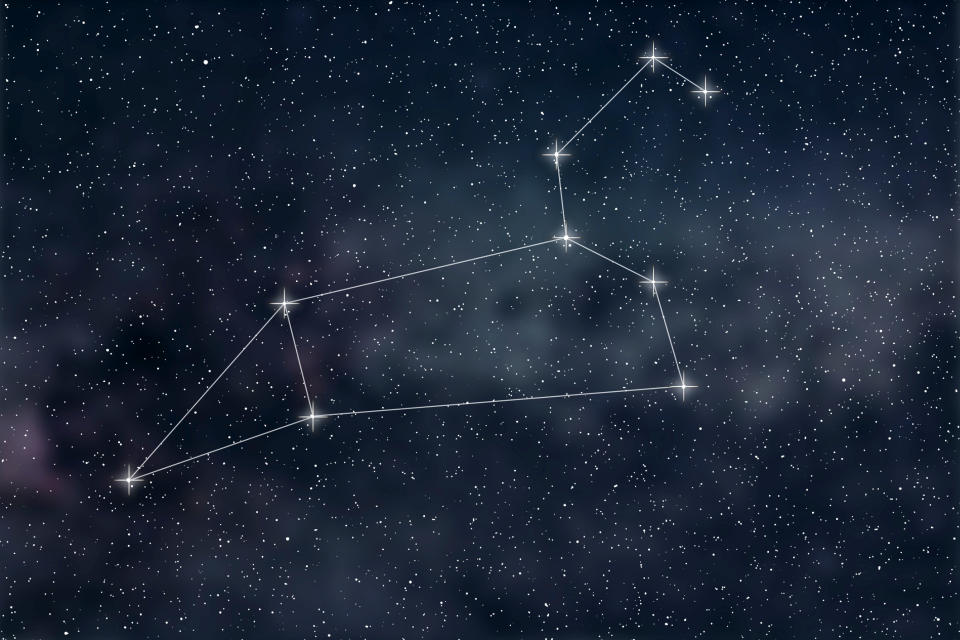
Constellation Leo's star Regulus, the "Heart of the Lion," is the kingliest of its four royal stars. These four stars are considered sentinels that watch over other stars. The constellation's myths, including the story of how Hercules killed the Nemean lion, symbolize the strength, courage, creativity, and tenacity that is inherent in the astrological sign of Leo.
Constellation Virgo: The Virgin
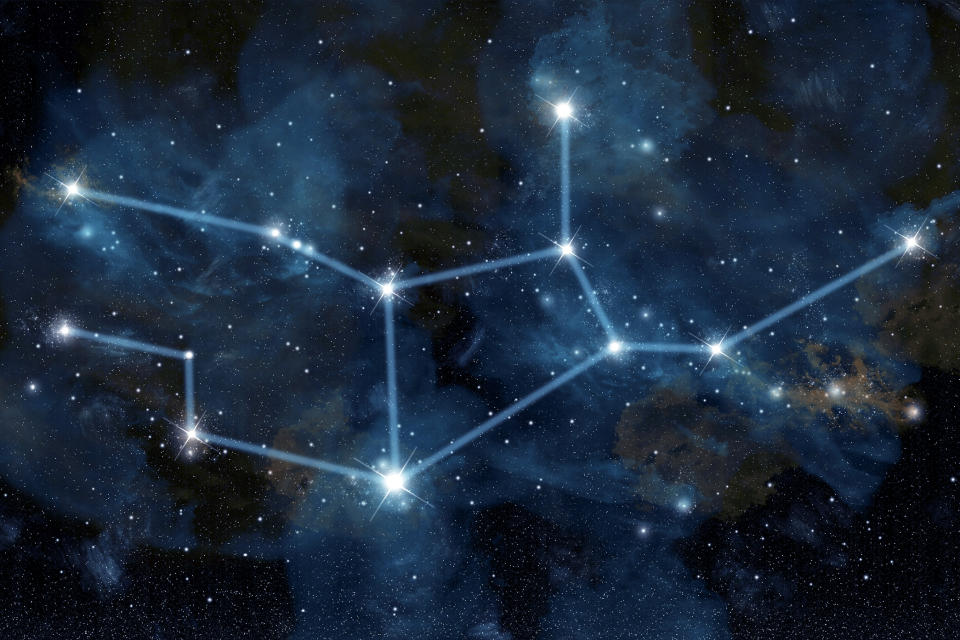
The Virgo constellation, the only woman in the night sky, is the "Queen of Heaven." The ancients linked Virgo to the goddesses of the harvest, as well as to maidens and purity. The astrological sign of Virgo speaks of purity, innocence, and self-sacrifice.
Constellation Libra: The Scales
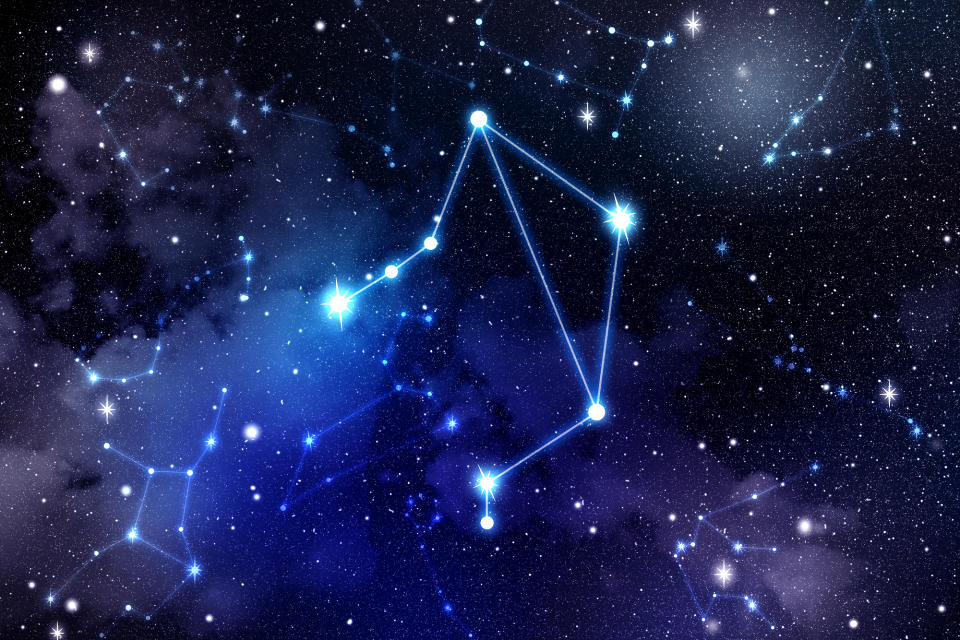
The ancients had a hard time deciding if there was a constellation Libra. However, knowing the history of constellation Libra's scales and constellation Scorpius's claws reveals that the astrological sign of Libra could be the most complex and contradictory sign of the zodiac.
Constellation Scorpius: The Scorpion
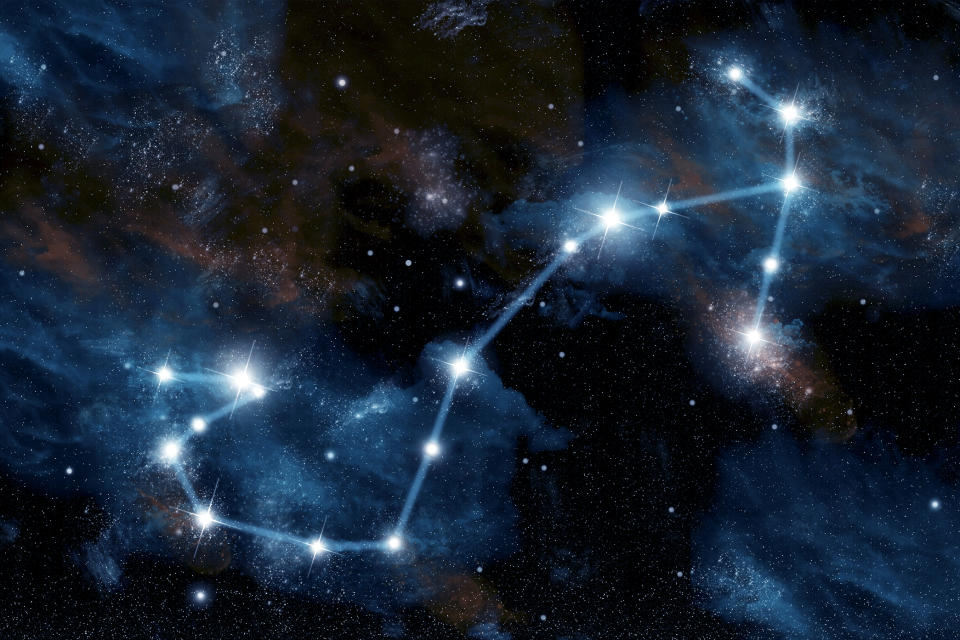
Initially, constellations Scorpius and Virgo were connected. Then the Romans created Libra, and the stars that were once the Scorpion's claws became Libra's scales. This merging and transforming of Scorpius's boundaries echoes the death and rebirth aspects of astrological Scorpio.
Constellation Sagittarius: The Archer Centaur
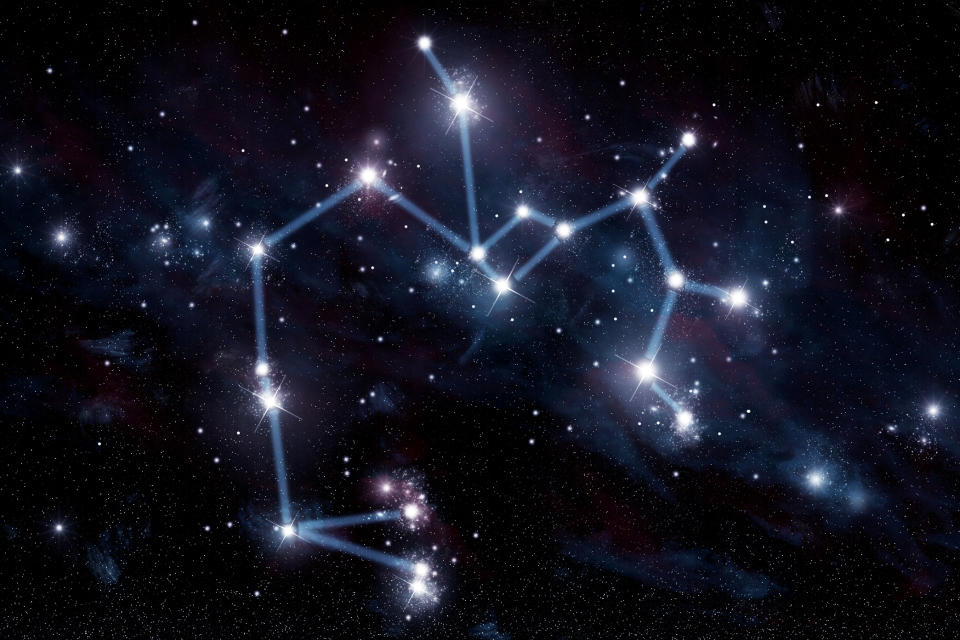
Constellation Sagittarius is amazingly diverse. It lies at the center of the Earth's Milky Way galaxy with its arrow aimed at the heart of Scorpius. Legends say that if Scorpio intends to harm anyone, the archer will shoot an arrow through its heart. The myths of Sagittarius reveal that the sign of Sagittarius is about humanity's need to attain knowledge, wisdom, and greater truths.
Related: Horoscope Dates for Every Star Sign
Constellation Capricornus: The Sea-Goat
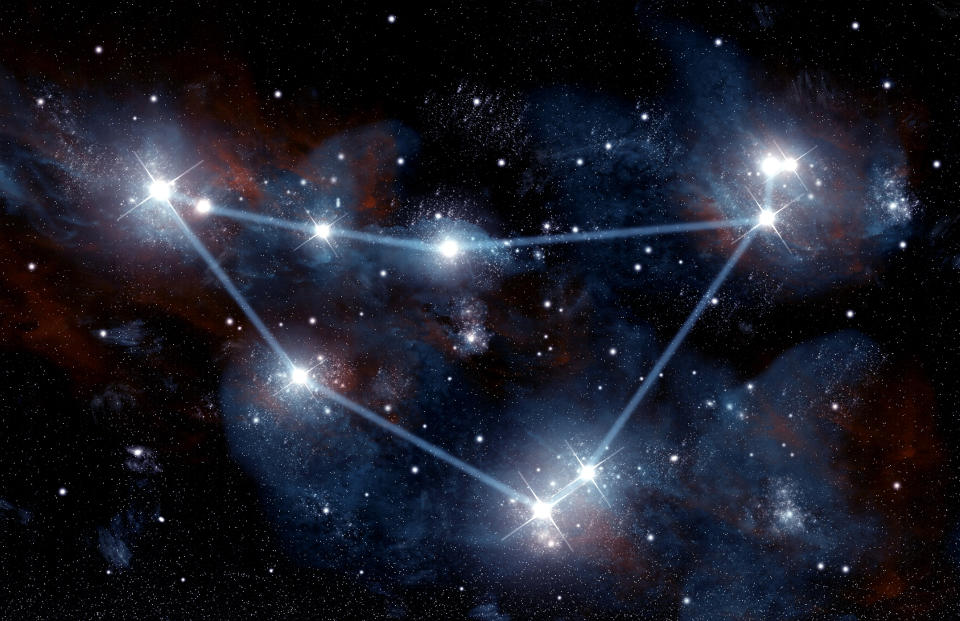
First recorded in the early Bronze Age, the Sun's entrance into constellation Capricornus marked the winter solstice. Now the Sun's entrance into the astrological sign of Capricorn marks the winter solstice. Like its Sea-Goat symbol, Capricorn is one of the most paradoxical signs in the astrological zodiac.
Constellation Aquarius: The Water Bearer
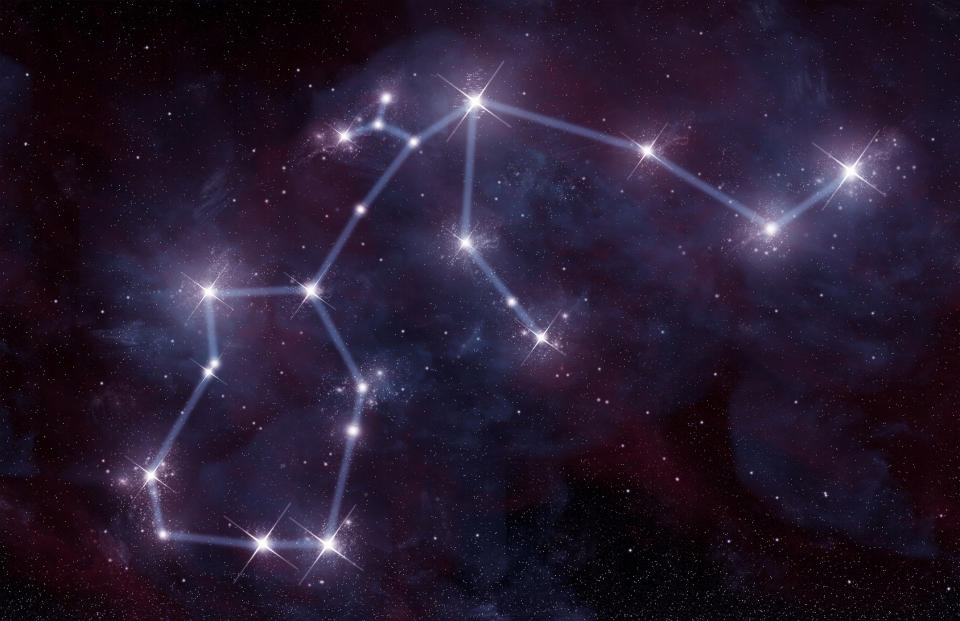
Constellation Aquarius has a lot of water symbolism, but the astrological sign of Aquarius is one of the three air signs. So, what's the sign's connection to water? Constellation Aquarius is located in a deep, dark area of the sky that's sometimes called the celestial sea.
Constellation Pisces: The Fishes
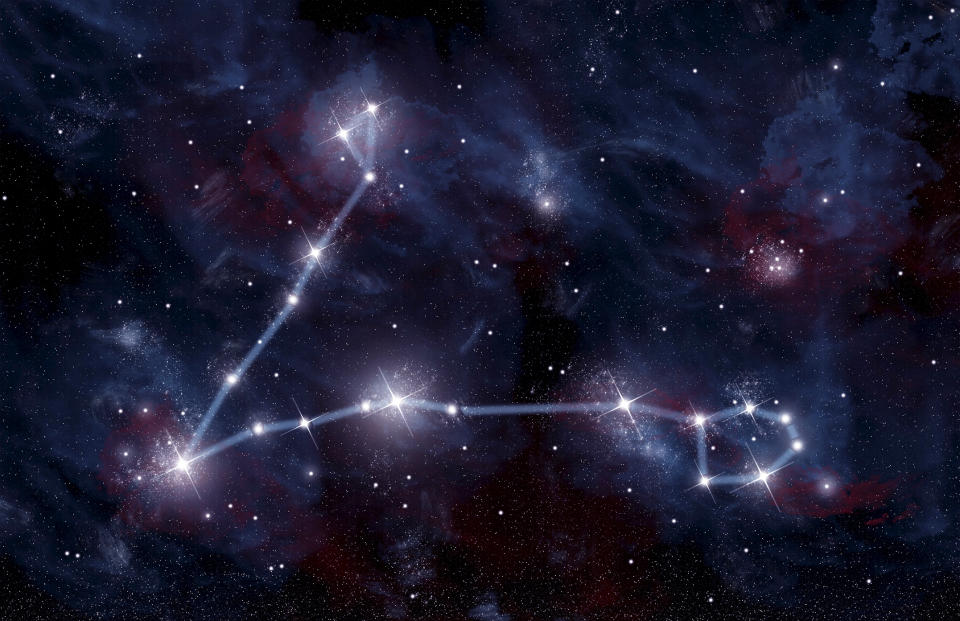
The Pisces constellation is filled with heavenly wonders. Its stars were said to control the fate of seafarers, and it has been associated with Christ. All of this echoes the spiritual, mystical, and nebulous character of the astrological sign Pisces.
Astronomy and Astrology
In ancient times, the constellations lined up with the signs of the astrological zodiac, and astronomers were astrologers. In fact, astronomy initially developed in the service of astrology. Although astrology ceased to be regarded as a science in the late 17th century, it refuses to die, and large numbers of well-educated and intelligent people continue to believe that their lives are influenced by the course of the planets through the signs of the astrological zodiac.

